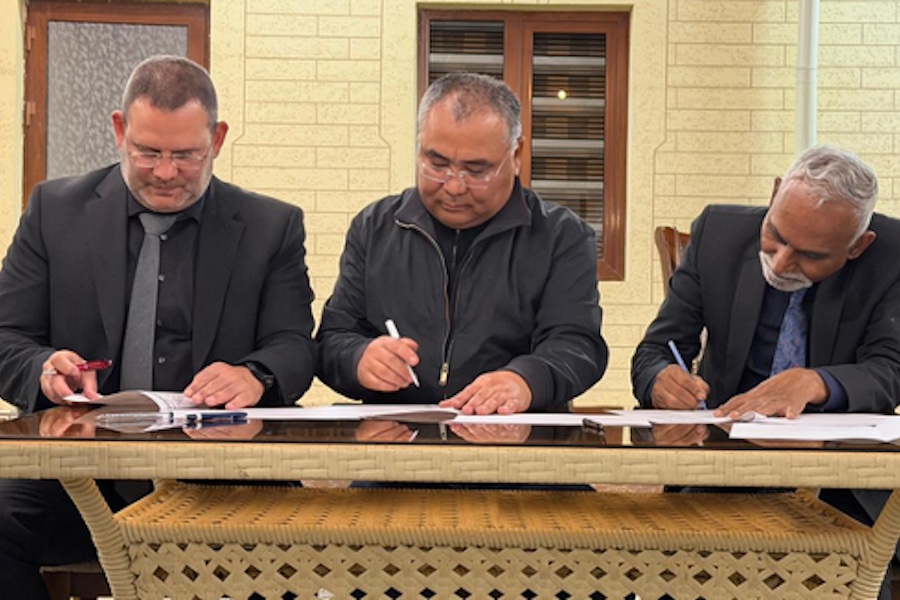#Raw Materials
The 82nd Plenary Meeting: PSAC Session on fiber requirements
This year, the PSAC hosted the Fifth Open Session, entitled, “Traceability and Sustainability Requirements in Natural vs. Man-made Fibers.” The Chair of the PSAC, Mr Peter Wakefield of Wakefield Inspection, introduced the four speakers:
Anees Khawaja, MG Apparel: Mr Khawaja emphasized the critical need to put sustainability at the core of cotton's strategy, especially because it is biodegradable and provides employment in developing regions — thus making a stark comparison with synthetic fibers, which do neither of those things.
Marc Lewkowitz, Supima: Representing the perspective of the Producers and Ginners Committee, he offered three recommendations: find a common, practical definition of what traceability is, develop a clear and concise bale ID system, and ensure there are support systems to help gradually transition to global implementation.
Eimear McDonagh, Agri Direct Australia: Speaking on behalf of the Merchants Committee, Ms McDonagh offered several conclusions at the end of her presentation, including that cotton is being held to a different standard than other fibers; and that success will depend on collaborating with governments and brands.
Debra Guo, Textile Exchange: Ms Guo discussed a number of topics, including the concept of “preferred materials” — a fiber or raw material that delivers consistently reduced impacts and increased benefits for climate, nature, and people against the conventional equivalent, through a holistic approach to transforming production systems.
The 82nd Plenary Meeting of the International Cotton Advisory Committee (ICAC) has the theme, '"Global Partnerships to Promote Innovation in the Cotton and Textile Value Chains. Scheduled for September 30 to October 3, 2024, at the International Hotel in Tashkent, Uzbekistan, the conference will be followed by several Technical Tours of Uzbekistan's cotton and textile industries. For more information and to see the full agenda, please click here.














